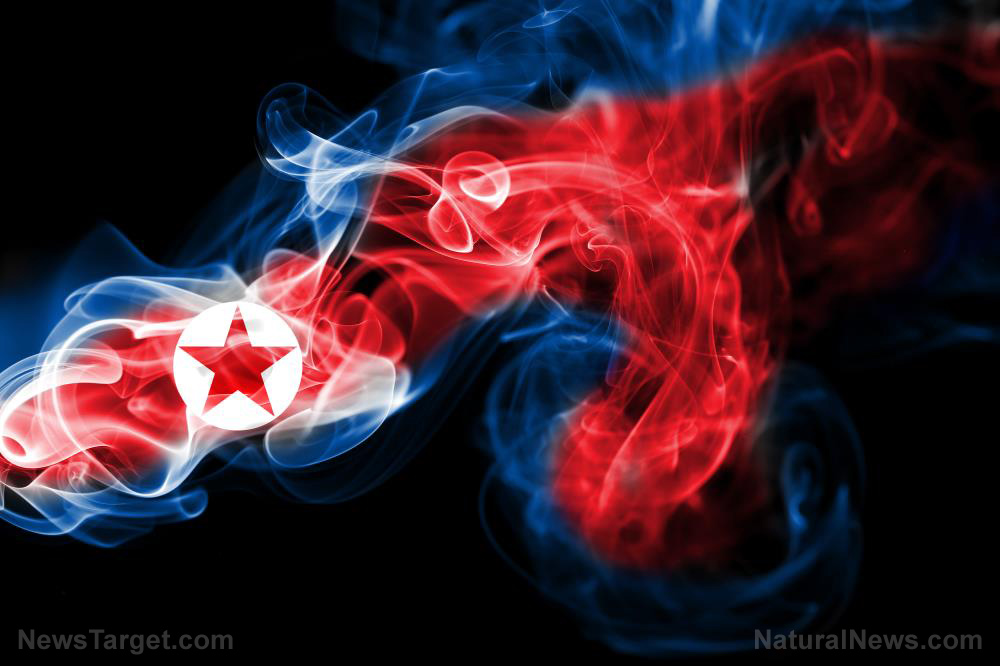
The United States has confirmed that North Korea has deployed troops to Russia. This confirmation from U.S. Secretary of Defense Lloyd Austin potentially marks a significant escalation in the ongoing conflict.
"There is evidence of DPRK (North Korean) troops in Russia," Austin said. "What their exact role is remains unclear, but we're working to gain more detailed information."
He further emphasized the potential gravity of the situation: "If they're acting as co-belligerents and participating in this war on Russia’s behalf, it’s a very serious matter. It will have implications not just in Europe, but also in the Indo-Pacific region."
This confirmation follows an announcement from South Korea's National Intelligence Service (NIS), which reported that North Korea had sent 1,500 troops to aid Russia in its conflict against Ukraine. According to the NIS, Russian naval vessels from Oct. 8 and 13 transported the North Korean soldiers from Vladivostok in the Russian Far East, around 100 miles from the border with North Korea. (Related: North Korean operatives being deployed to help Russia in war against Ukraine.)
The intelligence agency also revealed that the North Korean troops were provided with Russian military uniforms, weapons, and forged identification documents. Satellite imagery released by the NIS shows Russian naval activity near a North Korean port, along with suspected North Korean troop movements in Ussuriysk and Khabarovsk over the past week.
Russia strengthening ties in hopes of getting more military support in Ukraine
Amid increasing tensions with Western nations and the North Atlantic Treaty Organization, Russia is still seeking closer relationships with allies in regions such as the Middle East, Africa and Eastern Europe.
The Associated Press noted that Russia and China, as "continent-sized authoritarian states," are increasingly at odds with the West as they expand their influence in Africa, the Middle East and South America.
China has supported Russian President Vladimir Putin's narrative that the offensive in Ukraine was a response to Western provocations. Yet, Beijing officially maintains a neutral stance.
Mao Ning, China's foreign ministry spokesperson, emphasized that China is "objective and fair" regarding the Ukraine issue and focused on promoting peace talks.
However, China's actions suggest a more complex relationship as it continues to provide economic support to Russia, helping mitigate the effects of Western sanctions. This is part of a broader strategic partnership between the two nations, with bilateral trade reaching a record $240 billion in 2022.
Russia's military alliances have also deepened, particularly with Iran. In February, Iran supplied Russia with ballistic missiles, further strengthening their military cooperation. Despite their differences, such as competition in energy markets, Iran and Russia are united by shared opposition to U.S. policies.
Meanwhile, Russia has focused on Africa, with South Africa standing out for its historical ties to Moscow, dating back to the anti-apartheid struggle. Despite claims of neutrality, South Africa has maintained diplomatic ties with Russia, even hosting joint military exercises with Russia and China last year.
Belarus, another key ally, has played a crucial role in supporting Moscow's military efforts in Ukraine, allowing Russian troops to use its territory as a staging ground and stationing nuclear weapons within its borders. This deepening military integration signals growing ties between the two countries as tensions with the West continue to escalate.
These partnerships with China, Iran and African nations provide Russia with much-needed diplomatic and economic support as it faces increasing isolation from the international community.
Watch this episode of "TruNews" discussing how potentially thousands of North Korean troops are already fighting in Ukraine.
This video is from the TruNews channel on Brighteon.com.
More related stories:
South Korea claims North Korean troops will fight for Russia in Ukraine starting on November 1.
North Korean state media claims 1.4M young people joined its army.
Russia pledges military support to North Korea amid rising tensions.
Sources include:
Please contact us for more information.















